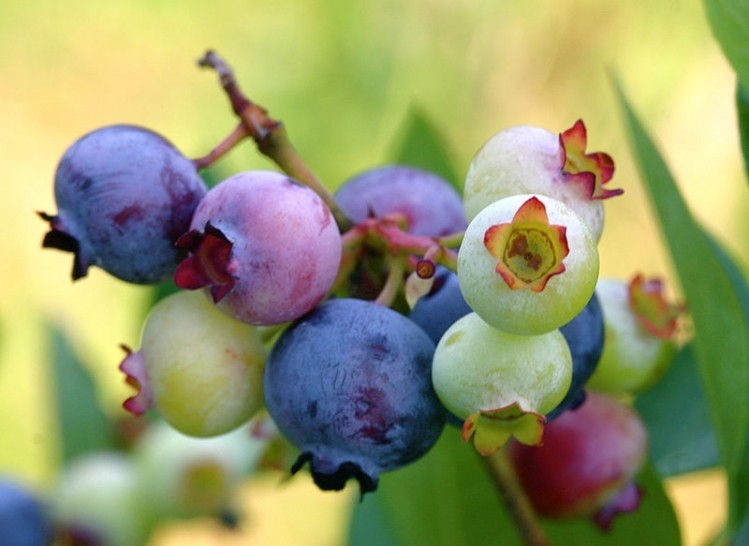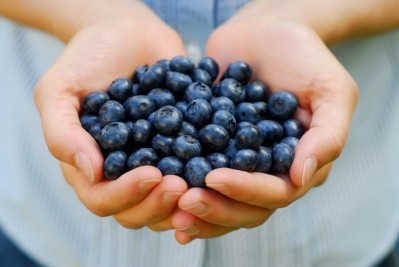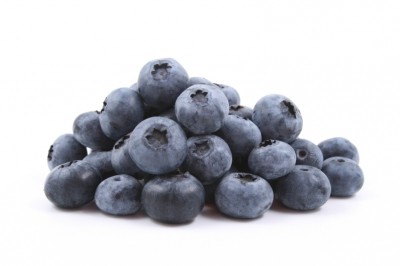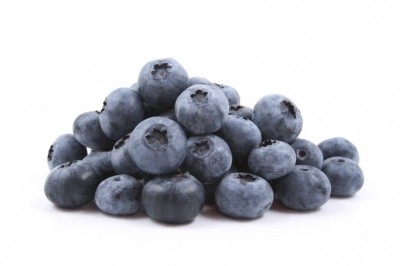Blueberries may protect DNA from damage: Human data

An acute dose of blueberries (300 grams) was associated with an 18% decrease in DNA damage to blood cells due to oxidative stress, according to findings published in Nutrition Research.
Consumer interest in blueberries and the compounds they contain has increased in recent years, following results from studies reporting a wide range of health benefits, most notably for brain health and reducing the risk of Alzheimer’s.
The beneficial effects of the blueberries are thought to be linked to their flavonoid content - in particular anthocyanins and flavanols.
“The protection against oxidative stress may be related to other bioactives absorbed, apart from anthocyanins (eg, phenolic acids, vitamin C), acting alone or synergistically,” wrote the researchers, led by Patrizia Riso from the University of Milan.
“Moreover, these compounds could have indirectly activated signaling mechanisms of defense (eg, antioxidant enzymes through gene expression modulation) even though the effect is not maintained at 2 hours.”
Study details
The Milan-based scientists recruited ten young volunteers to participate in their randomized cross-over trial. The participants were asked to consume either 300 grams of ground blueberries or one portion of a control jelly.
Blood samples were taken before and 1, 2 and 24 hours after ingestion, and used to test for H2O2-induced DNA damage, anthocyanin absorption, and NO levels. Arterial function was also measured.
Results showed that one hour after consuming the ground blueberries H2O2-induced DNA damage was reduced by 18%, compared to control. The effects were transient, however, and no effects were observed 2 and 24 hours after consumption, said the researchers.
No effects were observed on arterial function and nitric oxide levels, they added.
“Our results suggest that blueberries did not produce any short-term protective effects in healthy subjects with uncompromised vascular function but we cannot exclude that improvements in the vascular function occur at later time points than 1 hour after a single [serving of blueberries].
“In addition, regular blueberry intake may protect against the development of vascular dysfunction in patients with cardiovascular risk factors.”
Source: Nutrition Research
Published online ahead of print, doi: 10.1016/j.nutres.2012.12.009
“A single portion of blueberry (Vaccinium corymbosum L) improves protection against DNA damage but not vascular function in healthy male volunteers”
Authors: C. Del Bo′, P. Riso, J. Campolo, P. Moller, S. Loft, D. Klimis-Zacas, A. Brambilla, A. Rizzolo, M. Porrini














